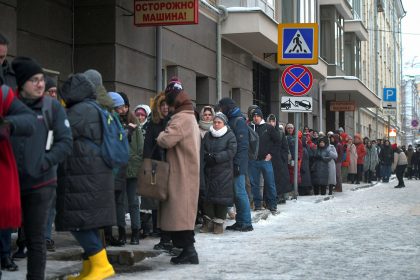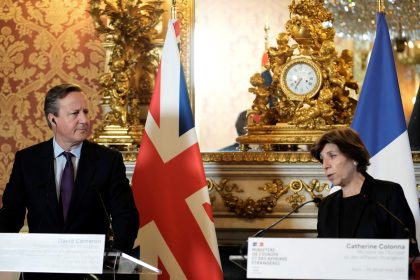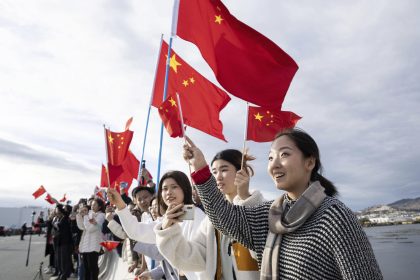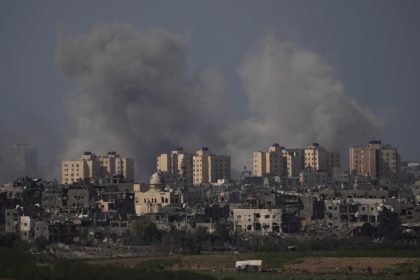Amid Trade Disputes and Reform Demands: WTO Stands at a Crossroads
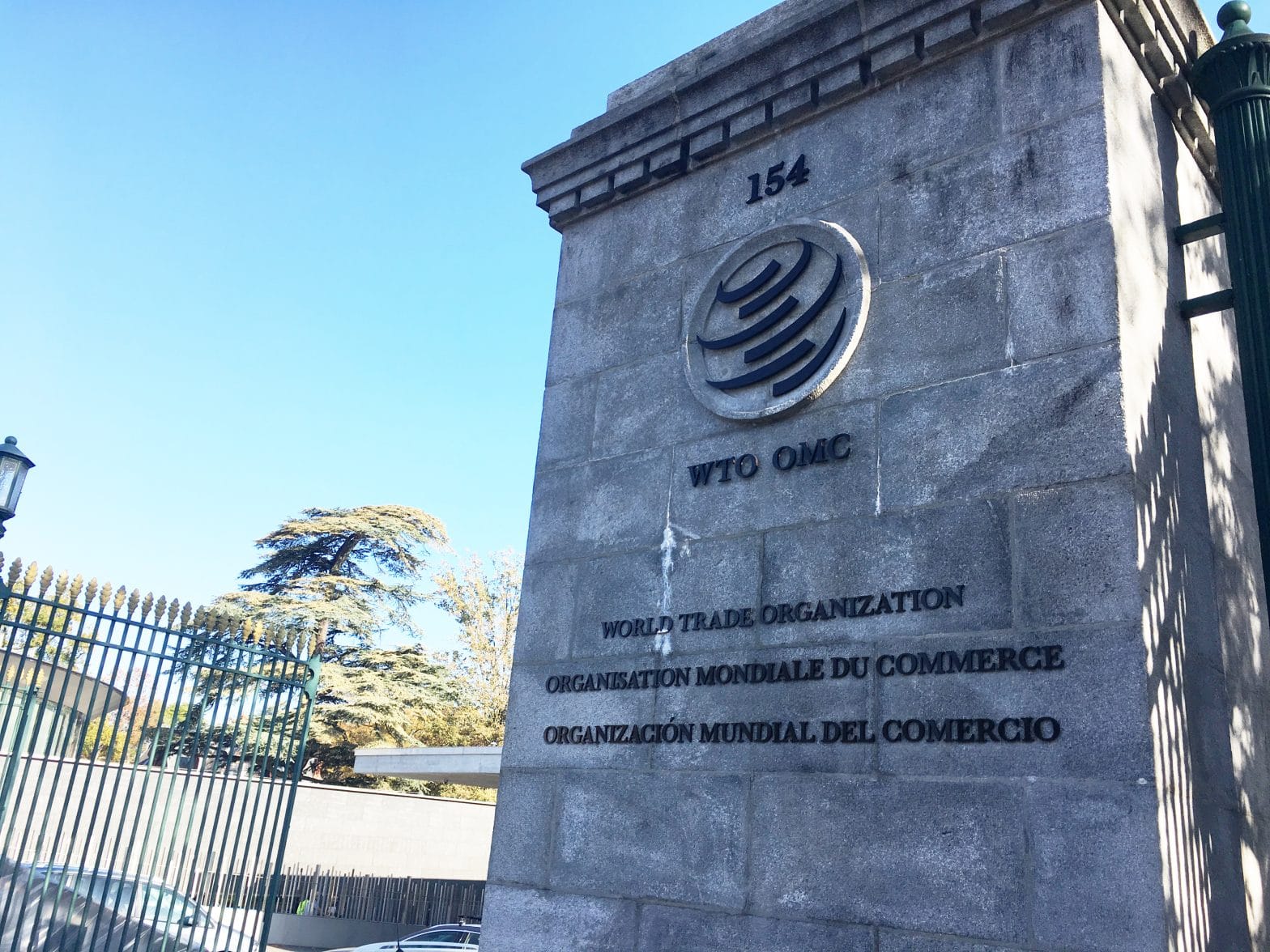
WASHINGTON – International trade disputes have dominated the newscycle in 2019. Whether it’s the United States and China, the U.S. and the European Union or the EU and China, a functioning world economy needs a fair and regulated trade system.
However, the organization tasked with facilitating international trade, the World Trade Organization, has been the recipient of much criticism, one of its most outspoken critics is U.S. President Donald Trump.
Trump claims that the WTO is broken and in dire need of reform. He has further accused the WTO and its members of taking advantage of the United States and vowed to stop the practice. The ongoing trade dispute between Washington and Beijing — the world’s two largest economies — has shown the WTO’s inability to intervene in such an instance.
The president just over a month ago issued a memorandum in which he directed the U.S. Trade Representative to push for changes at the Switzerland-based organization. Trump’s directive specifically calls for an overhaul of the WTO’s “outdated dichotomy” between developed and developing countries.
“The WTO is BROKEN when the world’s RICHEST countries claim to be developing countries to avoid WTO rules and get special treatment. NO more!!!” Trump said in a Twitter post on July 26, the day the memorandum was issued.
The presidential memorandum singles out China as the country that “most dramatically illustrates” the shortcomings of the WTO’s current regulatory structure.
“Since joining the WTO in 2001, China has continued to insist that it is a developing country and thus has the right to avail itself of flexibilities under any new WTO rules,” the White House said. “The United States has never accepted China’s claim to developing-country status, and virtually every current economic indicator belies China’s claim. After years of explosive growth, China has the second largest Gross Domestic Product in the world, behind only the United States.”
Trump last month added that should the WTO not make the demanded changes, the U.S. would withdraw from the multilateral organization. “We will leave if we have to,” Trump said during a campaign rally in Pennsylvania on Aug. 13. “We know that they have been screwing us for years, and it’s not going to happen again.”
The U.S. is not alone in its push for reforms. Canada and the EU have also been working on proposals they contend would level the playing field between the WTO’s member states. But altering the organization’s rules has been extremely difficult as all 164 member countries must agree on any changes.
The current trade tensions, coupled with a resurgence of nationalistic ideology among some western democracies, does not only represent a threat to the future to the WTO, it could also have a significant impact on global economic stability and growth.
“An erosion of the WTO could lead to the return of more trade barriers, loss of predictability and certainty for multinational companies and governments alike, and the absence of a credible venue to mediate trade disputes and serve binding decisions,” Jack Caporal and Dylan Gerstel, of the Center for Strategic and International Studies, said last year. “Those developments could extract a high cost on the global economy and severely diminish global growth and economic stability for years, if not decades.”


















